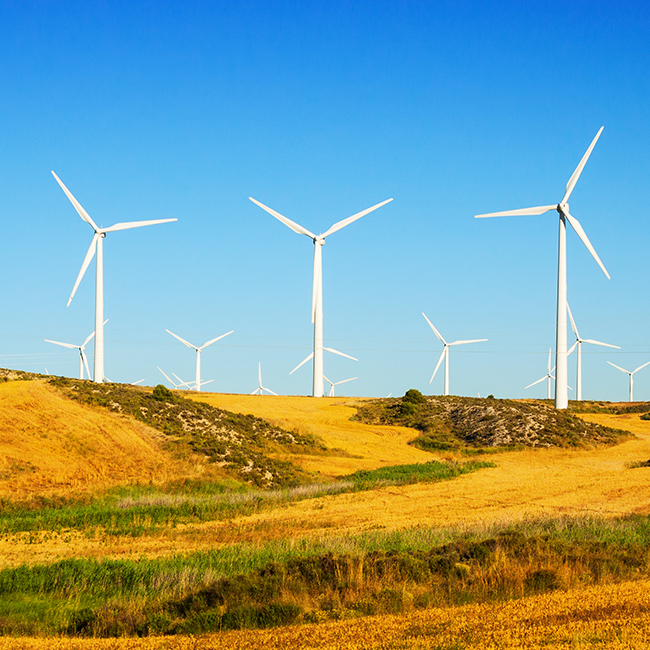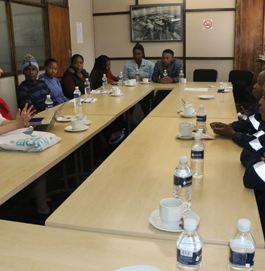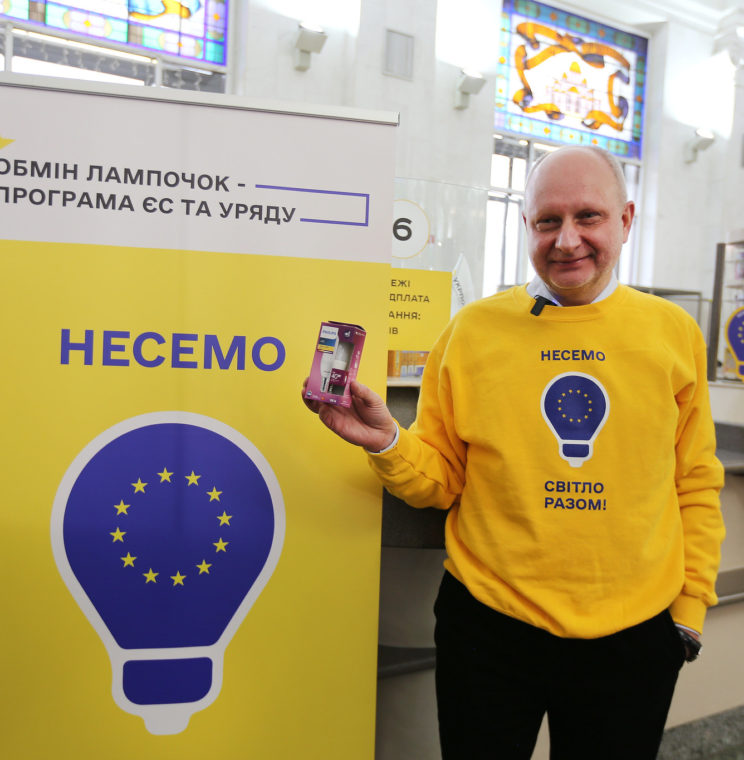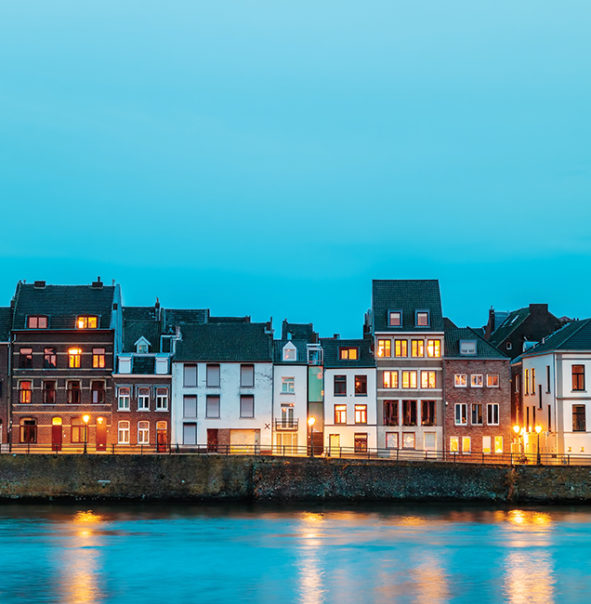Winning Social Acceptance for Wind Energy in Wind Energy Scarce Regions – WinWind
Winning Social Acceptance for Wind Energy in Wind Energy Scarce Regions – WinWind
WinWind is a project under the European Union’s Horizon 2020 research and innovation programme, that aims to enhance the socially inclusive and environmentally sound market uptake of wind energy by increasing its social acceptance in ‘wind energy scarce regions’ (WESR).
The specific objectives are: screening, analysing, discussing, replicating, testing and disseminating feasible solutions for increasing social acceptance and thereby the uptake of wind energy.
The project considers from a multidisciplinary perspective cases of WESR in Germany, Spain, Italy, Latvia, Norway and Poland. These selected countries represent a variety of realities ranging from large (but with WESR) to very scarce wind energy penetration.
WinWind analyses regional and local communities´ specificities, socioeconomic, spatial and environmental characteristics and the reasons for slow market deployment in the selected target regions. In doing so all individual and collective rights of the indigenous people (Article 27. UN Human Rights Committee) will be taken into consideration. The operational tasks of the project are taken up by national/regional stakeholder desks consisting of the project partners, market actors and other stakeholders in each participating country.
The National Desk in Spain, based in Madrid, is coordinated by Ecorys Spain with the support of ACER (Canary Islands’ Renewable Energy Agency) and covers technical aspects on national policy on wind energy whilst liaising with a ‘model’ region (the Canary Islands) and a ‘WESR’ region (the Balearic Islands). The Desk is organized as a hub whose primary aim is to contribute to the establishment of a dialogue between the stakeholders who take part in the decision-making process of developing wind energy in these regions. Thus, the Desk analyses the example of the ‘model’ region and the possibility to transfer good practices to the ‘WESR’ region.
We carried out a careful and systematic stakeholder analysis and mapping for the subsequent consultations in Spain on two main levels: the regional level (WESR and Model Regions) and the national level (Ministries, National Energy Agencies and Associations). The overarching aim of this activity was to gain an overview on the social acceptance of wind energy in the respective regions.
On the basis of the project guidelines, we selected and recruited the stakeholders to which an invitation was extended for the kick-off meetings we organised for both the model region and the WESR one. In this way, we gathered a multi-level reference assembly able to set up a first core stakeholder group, working as a starting engine for the rest of the activities to be carried out at Spanish level.
We also organised a Thematic Workshop in Mahón (Menorca) on “The New Balearic Law on Climate Change and the Opportunities for the Integration of Wind Energy in Protected Areas”. About 30 people, including six guest speakers, participated in the event, from local and regional government representatives, to civil society groups, scholars and engineers. The interdisciplinary composition of the group provided for a number of highly informative presentations, followed by a lively debate about how it may be possible to integrate more wind energy in Menorca in a socially acceptable and sustainable way.
Finally, we made a high-quality selection and assessment of in-depth best practice cases and novel governance mechanisms for improving the social acceptance of wind energy, including effective procedural and financial community participation and engagement on national, regional and local level.
WinWind Webpage | Spanish National Desk Here

11 February 2019
3 minute read
Sectors
Services
Key Experts
Nicoletta del Bufalo
Managing Director Ecorys Spain



